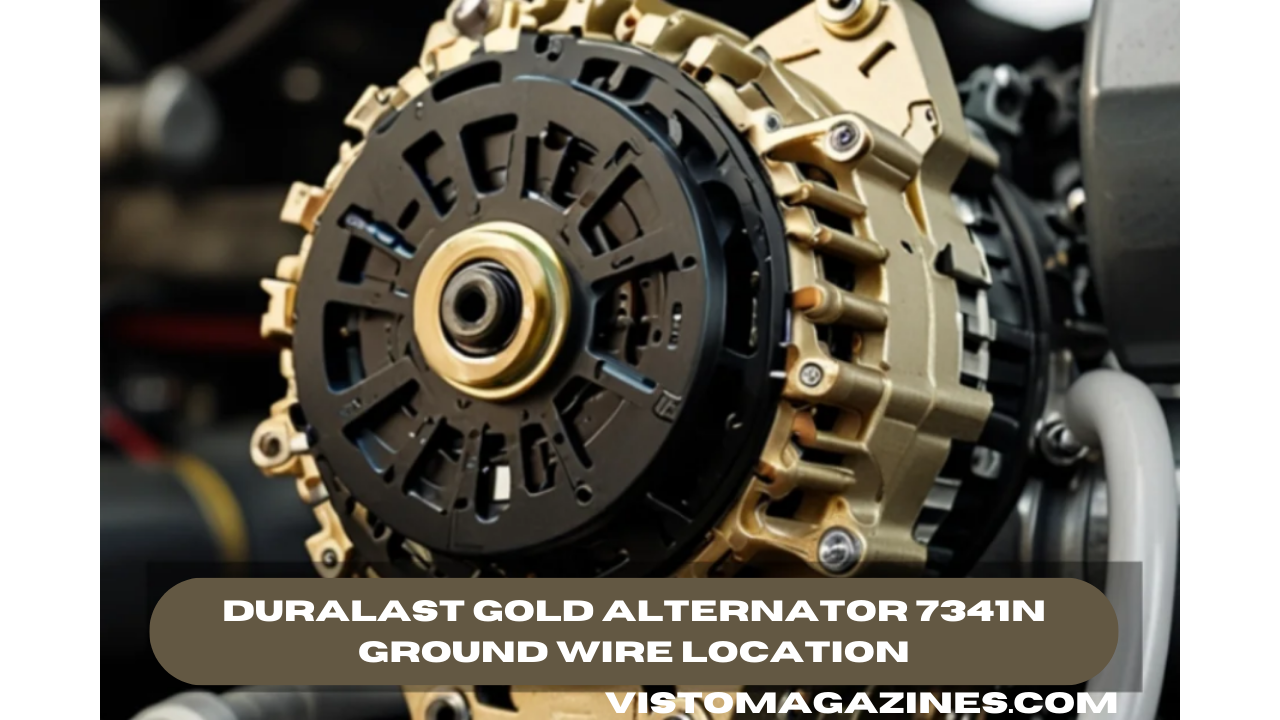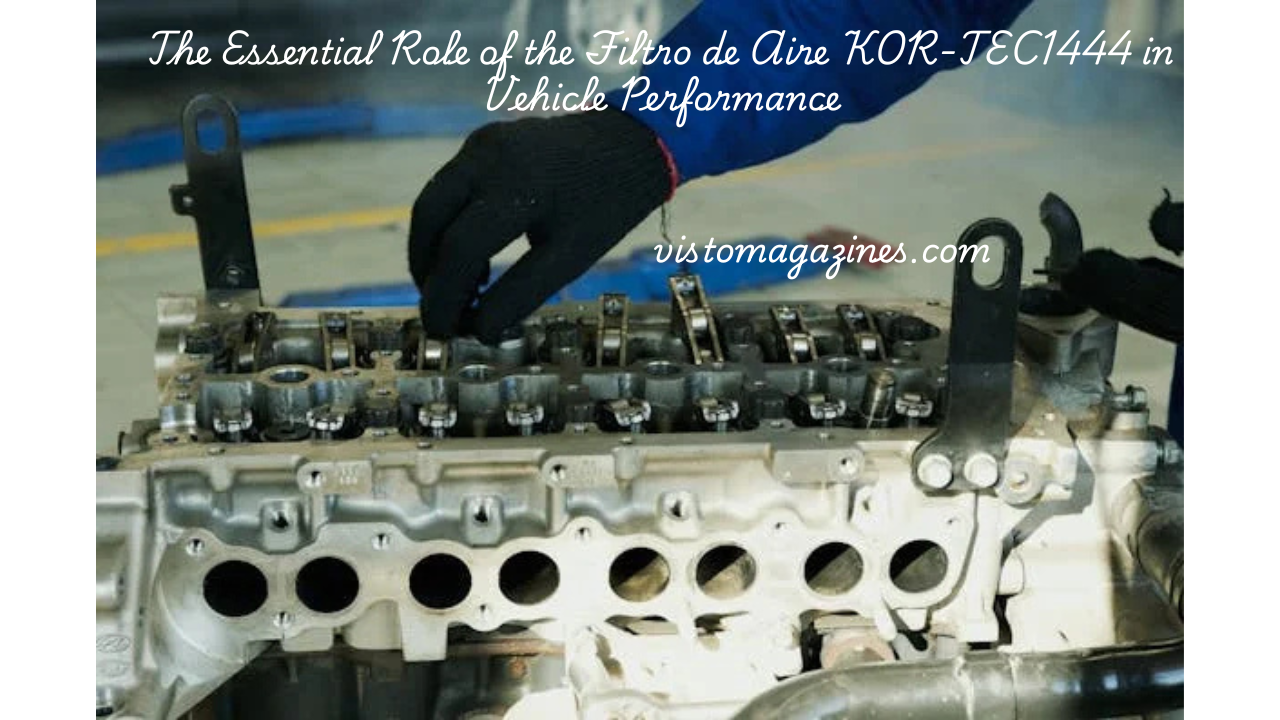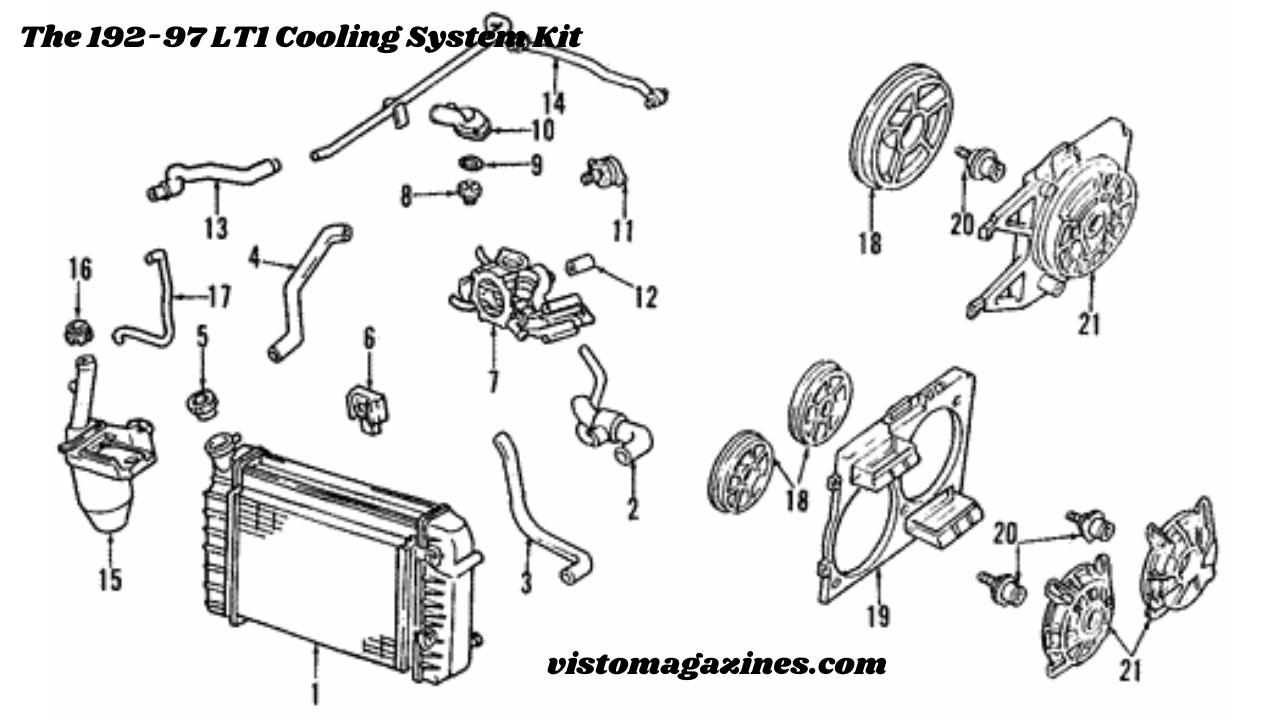Compatibility Challenges with Duralast Fuel Filter FF831DL Won’t Fit on 7.3 Powerstroke Engine
Choosing the right components can significantly affect a vehicle’s performance and longevity, especially a robust engine like the Ford 7.3 Powerstroke. One crucial component is the fuel filter. This article delves into the issues surrounding the Duralast Fuel Filter FF831DL and its compatibility with the Ford 7.3 Powerstroke engine.
Understanding the Importance of the Right Fuel Filter
The fuel filter plays a pivotal role in protecting the engine by removing contaminants like dirt, rust, and other debris from the fuel. Fuel cleanliness is critical to the engine’s efficiency and health, influencing everything from fuel consumption to the engine’s longevity. A well-functioning fuel filter ensures that only clean fuel reaches the engine, optimizing performance and preventing costly repairs.
The Ford 7.3 Powerstroke Engine
The Ford 7.3 Powerstroke is a legend in the world of diesel engines, known for its durability and power. It has been widely used in Ford’s heavy-duty trucks, vans, and other commercial vehicles. The engine’s specifications require robust components capable of handling its unique demands, including a fuel filter that can support high volumes and pressures.
The Issue with Duralast Fuel Filter FF831DL
Despite its popularity in the automotive parts market, the Duralast Fuel Filter FF831DL has been noted for its compatibility issues with the Ford 7.3 Powerstroke engine. These issues stem from several factors:
- Physical Size and Fit: Many users report that the FF831DL needs to align properly with the fuel lines or mounting brackets of the 7.3 Powerstroke, making installation difficult or impossible without modifications.
- Connection Mismatch: The filter’s connectors may not match up with those on the 7.3 engine, leading to potential leaks or inadequate fuel flow.
- Filtration Specifications: The FF831DL might not meet the high filtration requirements of the 7.3 Powerstroke, risking the integrity of the engine’s fuel system.
Consequences of Using the Wrong Fuel Filter
Using an incompatible fuel filter like the FF831DL on a 7.3 Powerstroke can have several negative impacts:
- Reduced Engine Performance: Inadequate fuel filtration can lead to poor engine performance, decreased power, and erratic operation.
- Increased Fuel Consumption: A less efficient fuel system requires more fuel to maintain power output, increasing operational costs.
- Potential Engine Damage: Using a mismatched filter can cause premature wear and strain on the engine and fuel system components.
Choosing the Right Fuel Filter
To avoid the issues associated with the wrong fuel filter, here are steps to ensure you select the right one for your Ford 7.3 Powerstroke:
- Check OEM Specifications: Always refer to the vehicle’s manual or manufacturer’s recommendations for the correct fuel filter specifications.
- Use Trusted Brands: Opt for reputable brands that manufacture filters specifically for the 7.3 Powerstroke, such as Motorcraft, WIX, or AC Delco.
- Consult Professionals: If unsure, consult a mechanic or automotive expert who can advise based on experience with the 7.3 Powerstroke.
Installation Tips for the Right Fuel Filter
Proper fuel filter installation is just as important as choosing the right one. Here are some tips to ensure a smooth installation process:
- Follow Manufacturer Instructions: Always install the fuel filter according to the manufacturer’s guidelines.
- Inspect Components: Inspect the filter and its fittings before installation for any damage or irregularities.
- Ensure Cleanliness: Clean the fuel line connections before installing the new filter to avoid introducing contaminants.
Conclusion
While the Duralast Fuel Filter FF831DL might be appealing due to its affordability and availability, it poses significant risks when used with the Ford 7.3 Powerstroke engine due to compatibility issues. Opting for a fuel filter explicitly designed and recommended for the 7.3 Powerstroke is crucial in maintaining the engine’s performance and longevity. Always prioritize compatibility and quality over cost regarding critical engine components to ensure your vehicle operates efficiently and reliably.



